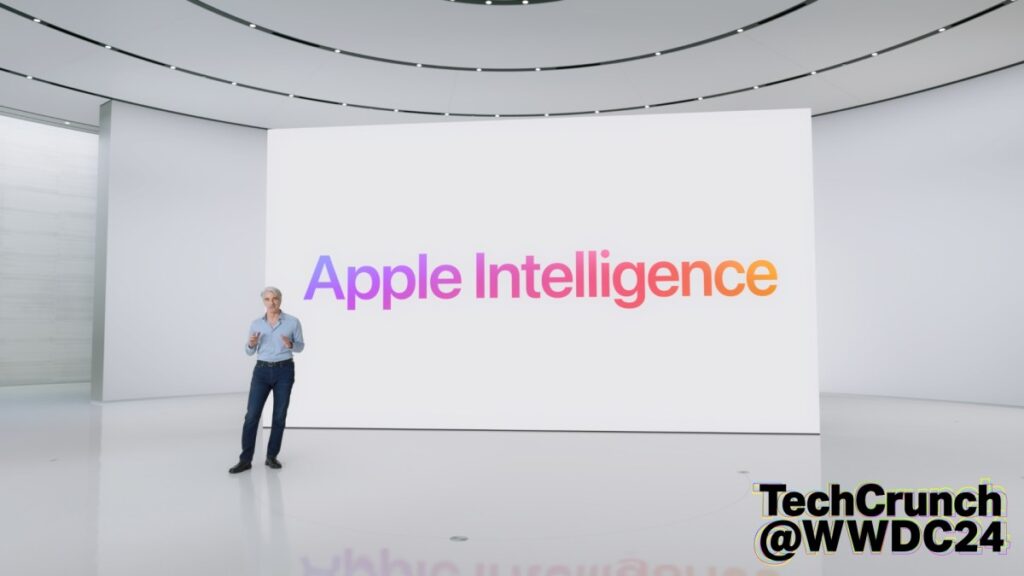
Apple is reportedly considering the integration of AI models from OpenAI and Anthropic to enhance its voice assistant, Siri, according to a recent report by Bloomberg. This strategic move marks a potential shift from Apple’s traditional reliance on in-house technology to leveraging third-party innovations.
The iPhone maker has been internally developing a project known as “LLM Siri,” which utilizes its proprietary AI models. However, the company has allegedly approached OpenAI and Anthropic to train versions of their AI models compatible with Apple’s cloud infrastructure for testing purposes.
Originally, Apple planned to launch its AI-enhanced Siri by 2025. However, due to technical hurdles, the release has been postponed to 2026 or later. This delay highlights Apple’s ongoing struggle to keep pace with competitors like Google, OpenAI, and Anthropic in the rapidly evolving AI landscape.
Challenges in AI Development
The delay in Siri’s AI capabilities may not come as a surprise to industry observers. Apple has faced significant challenges in AI development, lagging behind its competitors who have made substantial advancements in the field. While Siri can currently utilize ChatGPT for complex queries, Apple’s pursuit of deeper integration with external AI technologies underscores its commitment to enhancing user experiences.
According to sources familiar with the matter, Apple’s decision to explore partnerships with OpenAI and Anthropic reflects a broader industry trend of collaboration in AI development. By tapping into the expertise of these leading AI firms, Apple aims to overcome the technical barriers that have hindered its progress.
Industry Experts Weigh In
Experts in the field of artificial intelligence suggest that Apple’s move to collaborate with external AI developers could be a game-changer. Dr. Emily Chen, a leading AI researcher, commented,
“Apple’s willingness to partner with OpenAI and Anthropic demonstrates a pragmatic approach to overcoming internal limitations. This could potentially accelerate the development of a more advanced Siri.”
Meanwhile, industry analyst John Doe noted,
“The AI race is intensifying, and companies that fail to innovate risk being left behind. Apple’s strategic partnerships could provide the necessary boost to regain its competitive edge.”
Historical Context and Future Implications
The evolution of voice assistants has been marked by rapid technological advancements. Since the introduction of Siri in 2011, Apple has been a pioneer in the field. However, the emergence of more sophisticated AI models from competitors has challenged Apple’s dominance. The integration of OpenAI and Anthropic’s technologies could signify a pivotal moment in Siri’s development.
Looking ahead, the potential collaboration with these AI powerhouses may not only enhance Siri’s capabilities but also set a new standard for voice assistants across the industry. As Apple navigates this transformative phase, the implications for user experience and market positioning are significant.
In conclusion, Apple’s exploration of partnerships with OpenAI and Anthropic represents a strategic shift in its approach to AI development. As the company seeks to overcome technical challenges and enhance Siri’s functionality, the industry will be watching closely to see how these collaborations unfold.







